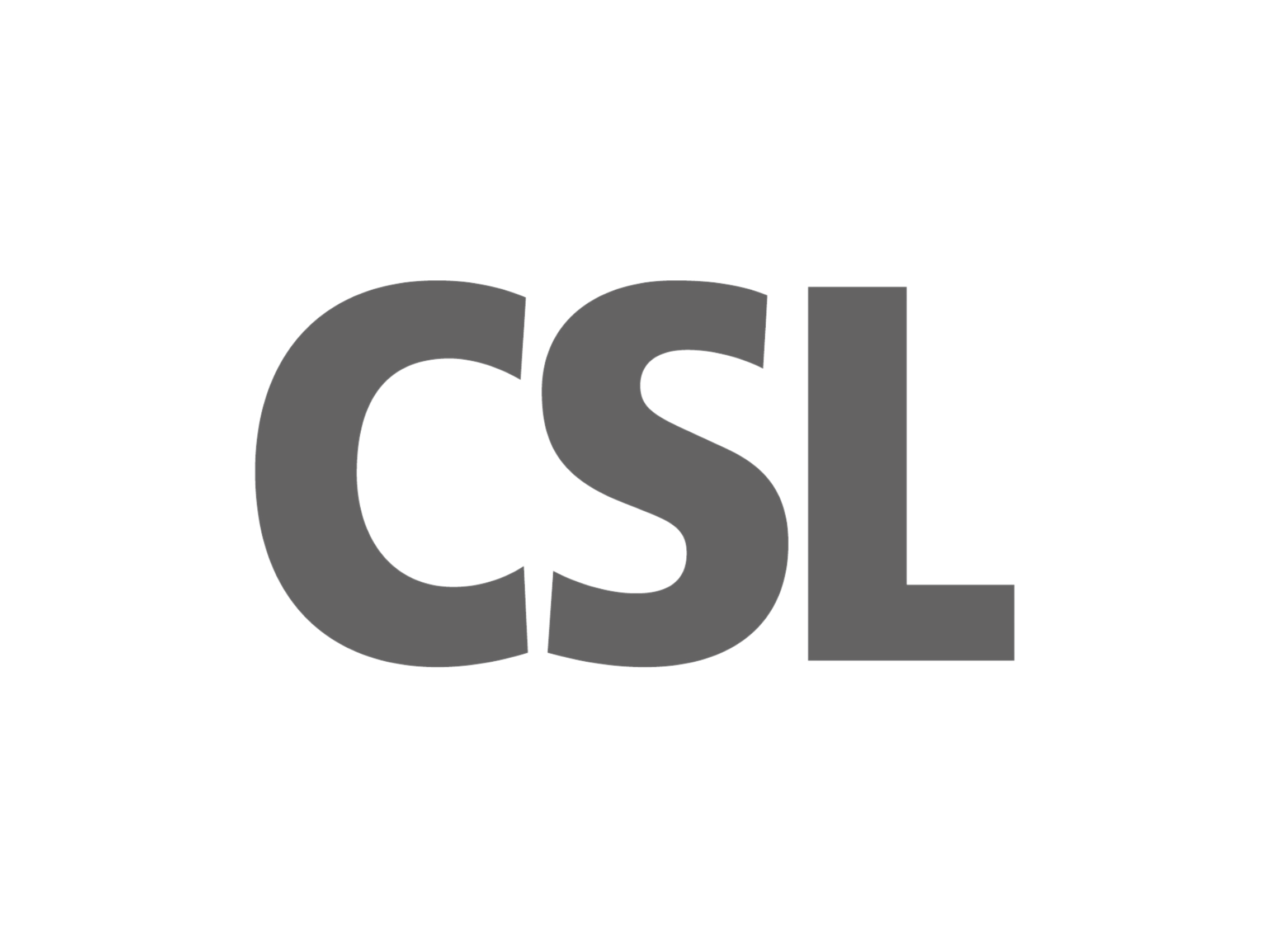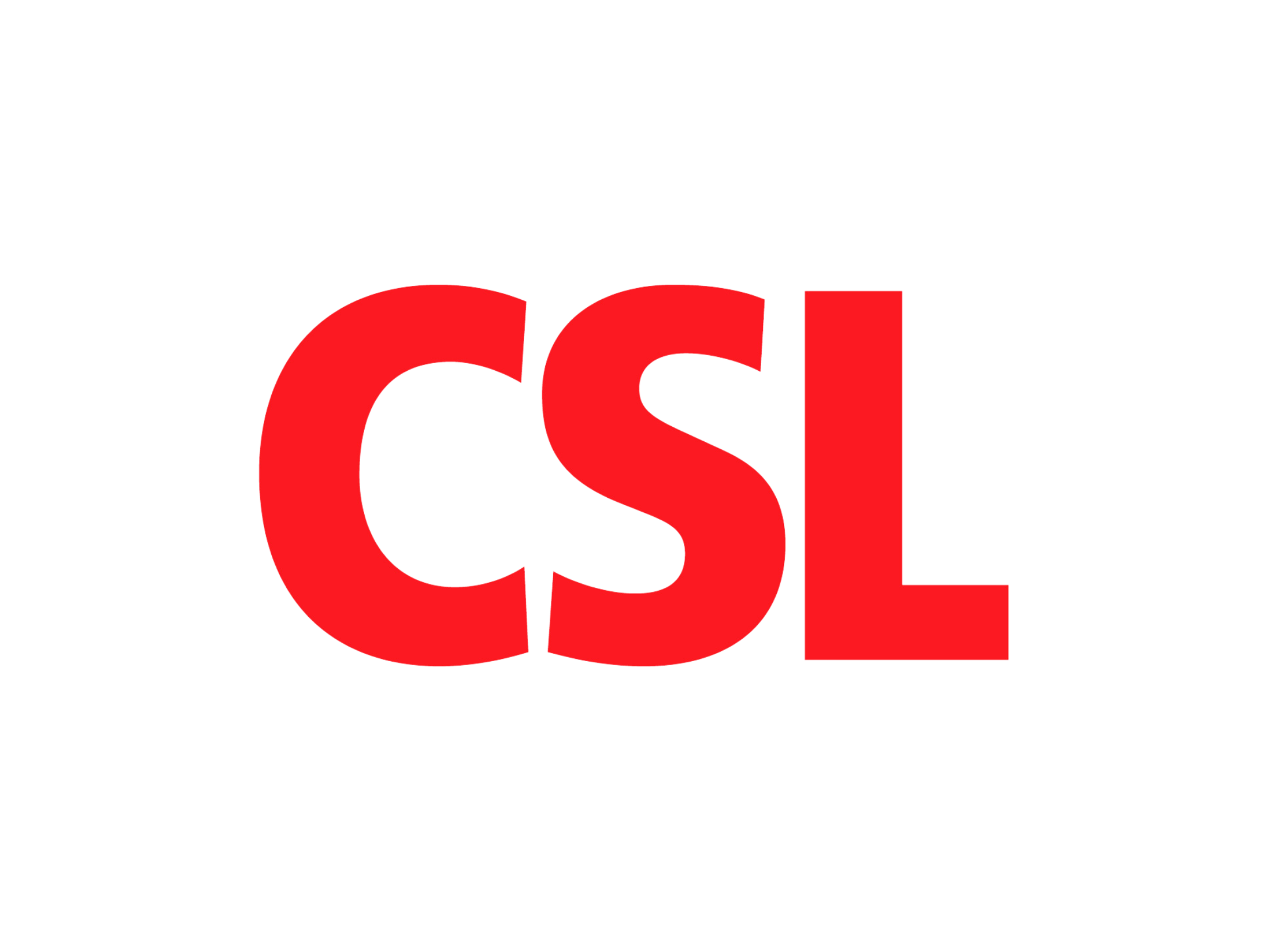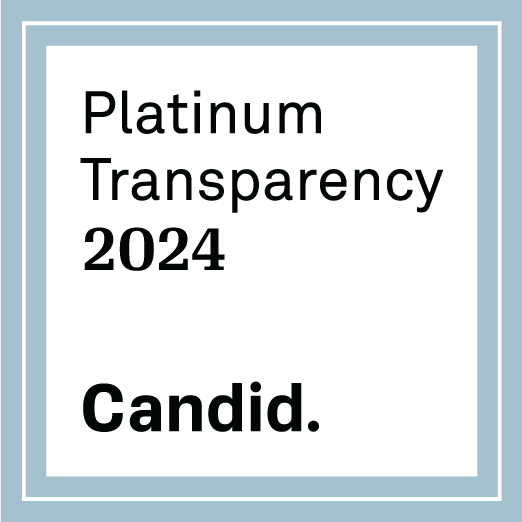Summary of major changes:
- Beginning two weeks after the second dose of a two dose vaccine, it will not be necessary for a fully vaccinated individual to quarantine after exposure to a known COVID-19 individual unless symptoms develop or unless the exposure took place in a high-risk congregate setting.
- The CDC now says that a second dose of a two dose vaccine can be delayed up to 42 days following the first dose if necessary, although the approved interval (21 or 28 days depending on vaccine) is still recommended.
- It is safe to give someone vaccine who has recovered from a SARS-CoV-2 infection.
- People with dermal fillers (injections in the face to make lips fuller or reduce marionette lines) may have swelling of the face with current COVID-19 vaccines, but this can be treated with steroids and need not prevent vaccination.
Center for Disease Control and Prevention: Updated Post Vaccine Guidance
Key points
- According to the Advisory Committee on Immunization Practices (ACIP), in most cases individuals who have received two doses of COVID-19 vaccine do not need to quarantine after exposure to COVID-19 once two weeks have passed after the second dose. Fully-immunized close contacts should still monitor themselves for symptoms of COVID-19 during the 14 days after exposure, and if symptoms develop, they should isolate and seek testing.
- People who live or work in high-risk congregate settings (for example, jails or prisons) may still be required to quarantine, even if fully vaccinated.
- People who are fully vaccinated need to continue to practice physical distancing, avoid social groups and gatherings, and wear face masks at all times when in public places. Healthcare providers should continue to follow all recommended infection control and personal protective equipment (PPE) guidance.
- CDC has updated their interim clinical guidance on COVID-19 vaccines.
- According to CDC, data from clinical trials indicate that mRNA COVID-19 vaccines can safely be given to persons with evidence of a prior SARS-CoV-2 infection.
- CDC has warned that infrequently, persons who have received dermal fillers may develop swelling at or near the site of filler injection (usually face or lips) following administration of a dose of an mRNA COVID-19 vaccine. This appears to be temporary and can resolve with medical treatment, including corticosteroid. mRNA COVID-19 vaccines may be administered to persons who have received injectable dermal fillers who have no contraindications to vaccination.











